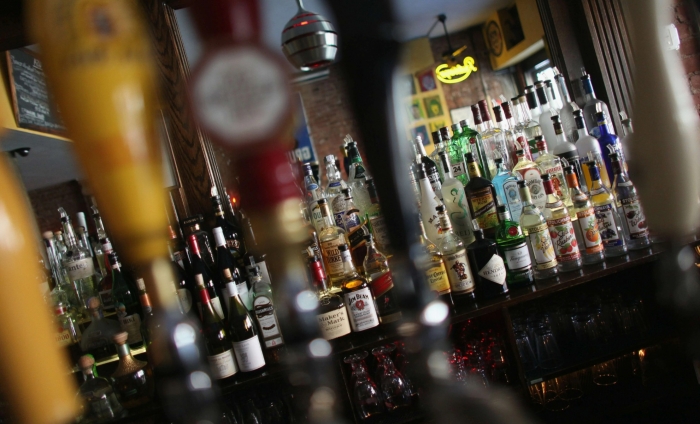UK Distillers Warn Rising Alcohol Duty Threatens Industry and Jobs
Industry leaders call for multi-year tax freeze as government weighs economic growth against public finance needs in autumn budget
2025-09-23

Distillers across the United Kingdom are urging the government to freeze alcohol duty in the upcoming autumn budget, arguing that a continued rise in excise taxes could harm the industry and threaten jobs. In an open letter addressed to Chancellor Rachel Reeves, leading industry groups including the Scotch Whisky Association, UK Spirits Alliance, Welsh Whisky Association, English Whisky Guild, and Drinks Ireland called for a halt to any further increases in alcohol duty until the end of the current Parliament.
The letter, signed by senior figures from each organization, described the current tax regime as “unfair” and said it has placed significant pressure on producers. Over the past two years, alcohol duty has risen by 14 percent, but overall tax revenue from the levy has declined. The signatories warned that this situation is forcing some businesses to pause investment or even production in the UK, while others are considering moving operations abroad or reducing staff numbers.
Industry leaders emphasized that these challenges affect some of the country’s most iconic products, such as gin and Scotch whisky. They argued that a multi-year freeze on spirits duty would signal government support for British distilling and encourage investment in a sector that contributes significantly to economic growth. The letter also called on the government not to widen the tax gap between spirits and other types of alcohol.
The distillers’ groups stressed that a duty freeze should be viewed as an investment rather than a handout. They highlighted their role in supporting jobs and economic activity throughout the UK and urged the government to seize the opportunity to back an industry with global recognition.
A spokesperson for HM Treasury responded by noting measures already taken to support distilleries, including no export duty, lower licensing fees, reduced tariffs, and a cap on corporation tax. The spokesperson pointed out that recent trade agreements have benefited whisky and gin exporters, particularly through a deal with India that cut tariffs from 150 percent to 40 percent and boosted whisky exports by £1 billion.
The Treasury also emphasized its responsibility to safeguard public finances and maintain funding for essential services such as the National Health Service. The debate over alcohol duty comes at a time when many drinks manufacturers are facing rising costs and uncertain market conditions. The outcome of the autumn budget will be closely watched by producers and industry observers alike.
Founded in 2007, Vinetur® is a registered trademark of VGSC S.L. with a long history in the wine industry.
VGSC, S.L. with VAT number B70255591 is a spanish company legally registered in the Commercial Register of the city of Santiago de Compostela, with registration number: Bulletin 181, Reference 356049 in Volume 13, Page 107, Section 6, Sheet 45028, Entry 2.
Email: [email protected]
Headquarters and offices located in Vilagarcia de Arousa, Spain.